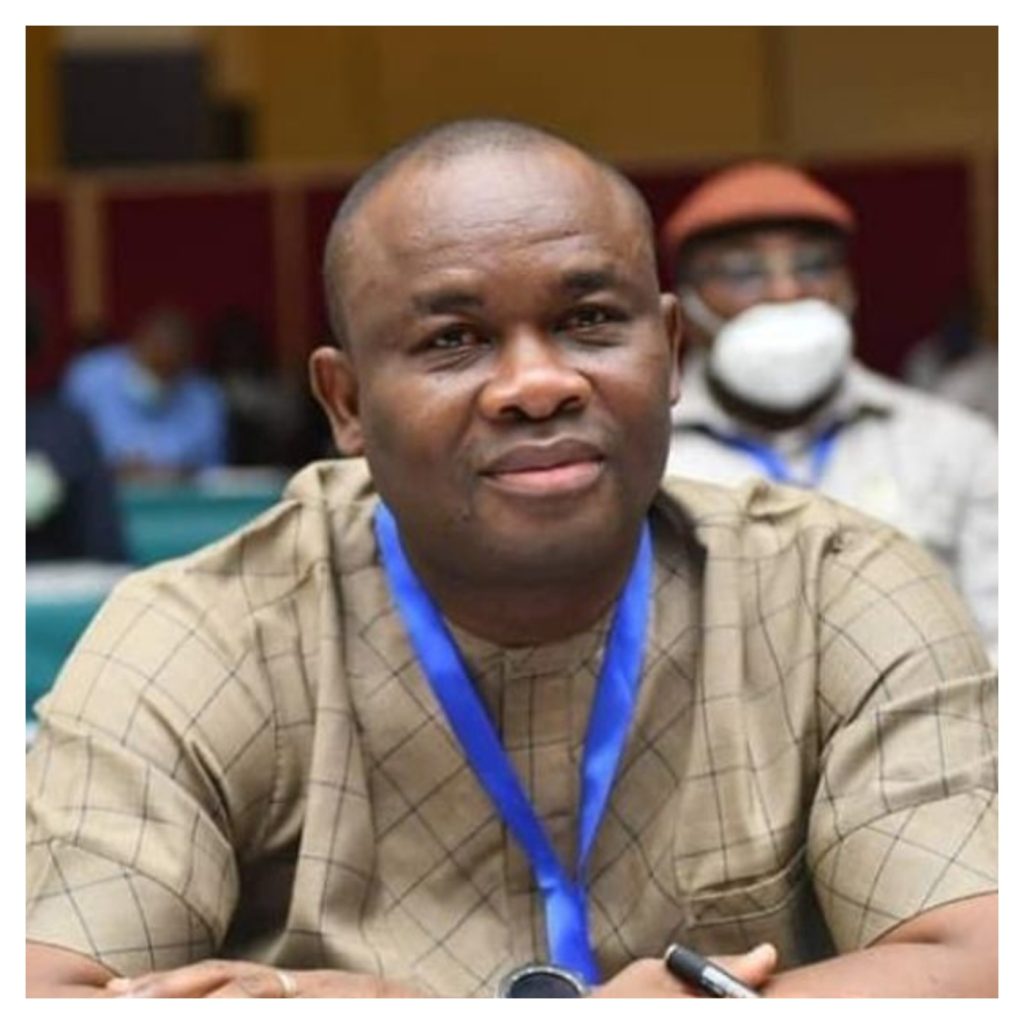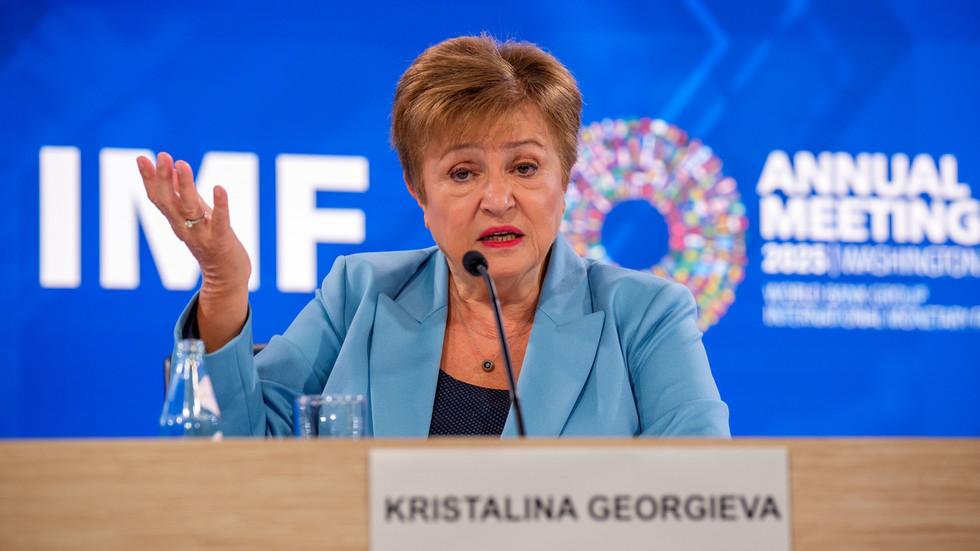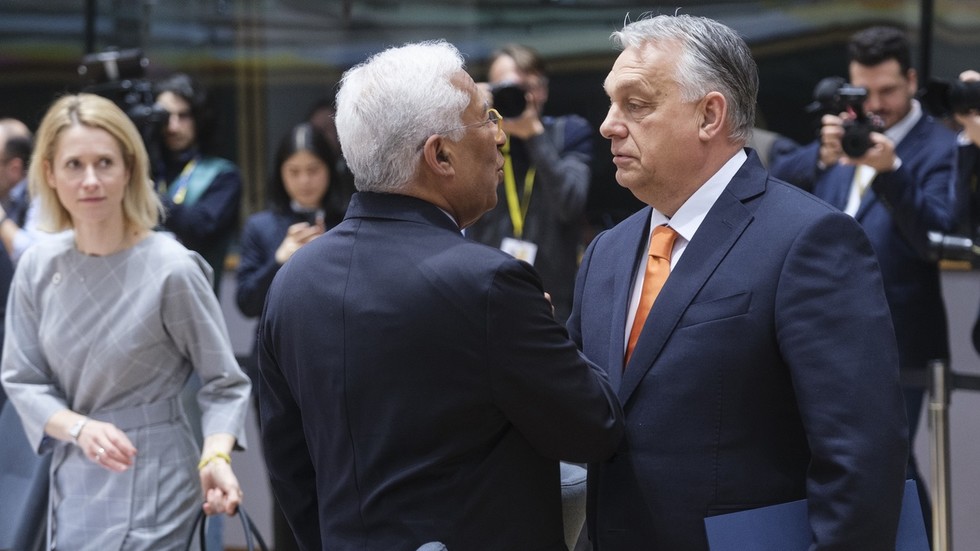A quiet yet significant shift is underway in Russia’s economic landscape. Foreign businesses that departed the country three years ago are now making their way back, albeit without much fanfare. This trend, acknowledged by Kirill Dmitriev, President Vladimir Putin’s investment envoy, indicates a subtle but notable change in the nation’s business environment.
The exodus of US, European, and Asian companies from Russia was largely triggered by supply chain disruptions resulting from unprecedented Western sanctions imposed after the escalation of the Ukraine conflict in 2022. Fears of secondary sanctions and public relations backlash also prompted many firms to leave. However, in a move to facilitate the return of Western businesses, Putin ordered the drafting of clear regulations in March to ensure local producers are safeguarded.
Dmitriev recently met with representatives from over 150 US companies that continue to operate in Russia, despite the sanctions. “The trend is there, we see that some firms are already returning. It’s just that there is no publicity around it. The process, however, is certainly underway,” he stated. Russia, according to Dmitriev, has always maintained a positive stance towards responsible investors, with American businesses having lost over $300 billion by leaving the Russian market.
The Russian government is actively engaged in setting rules for the return of Western businesses, with the focus on protecting domestic enterprises rather than erecting barriers. This development comes as Moscow and Washington strive to improve relations, with both nations holding high-level meetings aimed at enhancing diplomatic ties and resolving the Ukraine conflict. Discussions between the two countries have also touched on reviving economic cooperation, with potential joint investment projects in rare earth metals and the energy sector on the table.
Recent data from the Russian patent office, Rospatent, suggests that several foreign companies, including McDonald’s, Hyundai, Intel, Microsoft, LG, IKEA, Chanel, Rolex, and Louis Vuitton, have begun registering new trademarks in Russia, hinting at their potential return. This subtle yet significant trend underscores the evolving economic dynamics between Russia and the West, with businesses cautiously re-engaging with the Russian market. As the situation continues to unfold, it will be interesting to see how these developments impact the global economy and the geopolitical landscape.



